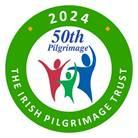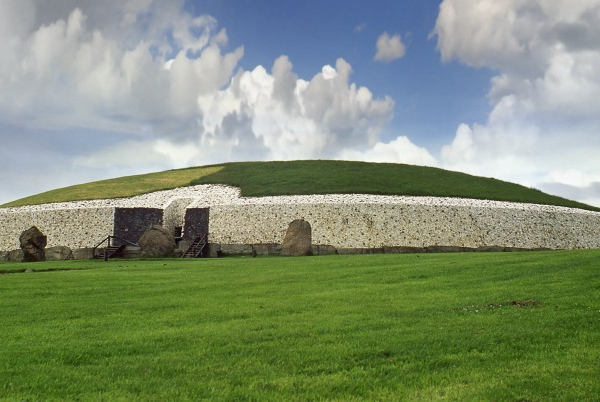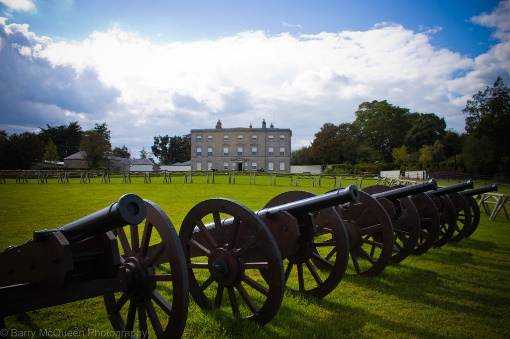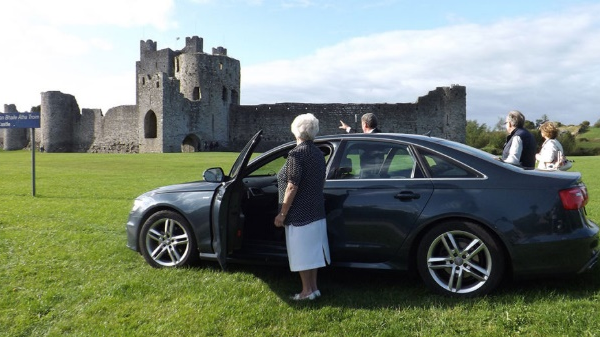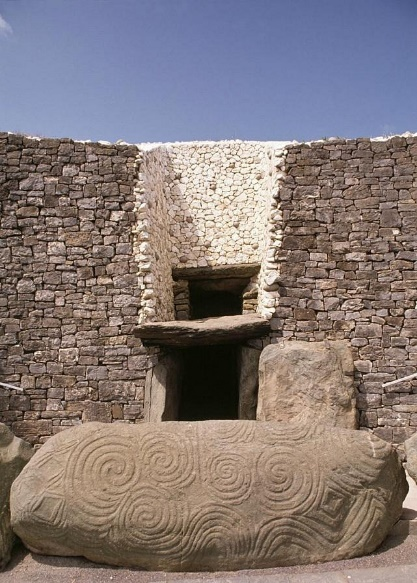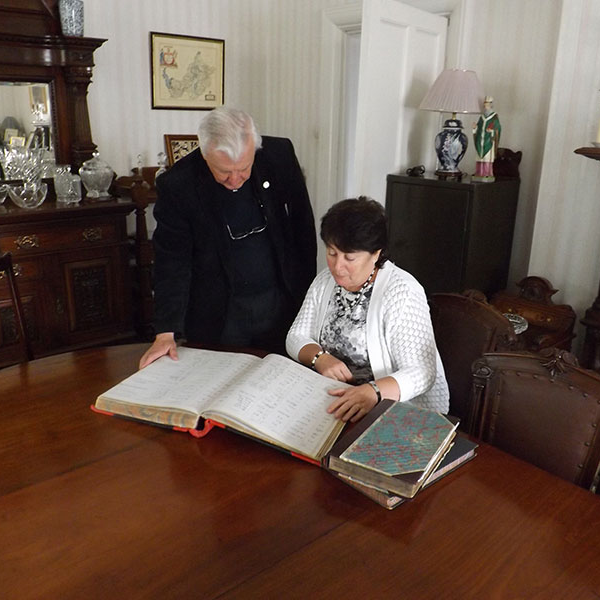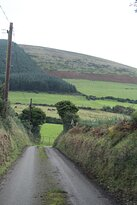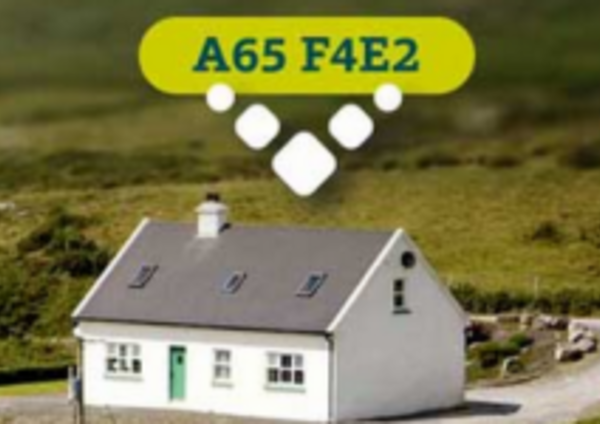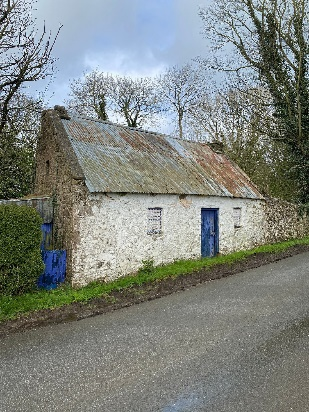Irish last names come from a combination of centuries of history, migration, and cultural evolution.
Each name tells a story, offering a glimpse into the lives of our ancestors and the landscapes they inhabited.
Taking an in-depth look at the origins of these names can be a fascinating journey into Ireland’s past. Let’s explore the five primary categories of Irish surnames.
1. Patronymic Surnames: The “Mac” and “O'” Legacy

Perhaps the most recognisable Irish surnames are those beginning with “Mac” (or “Mc”) and “O'”. These are patronymic, meaning they indicate descent from a father or ancestor. “Mac” signifies “son of,” while “O'” means “grandson of” or “descendant of.” For instance, “MacCarthy” translates to “son of Carthach,” and “O’Brien” means “descendant of Brian.” These names are widespread throughout Ireland, reflecting the traditional Gaelic clan system.
2. Occupational Surnames: Tracing Ancestral Trades
Many Irish surnames originated from the occupations of our forefathers. These names provide a direct link to the skills and trades that sustained communities. Examples include “Smith” (Gowan or Smyth), “Carpenter” (Mac an tSaoir), and “Farrell” (Fearghail), which can be associated with bravery, but also potentially a farrier. These surnames often reflect the importance of specific crafts in medieval Irish society.
3. Topographical Surnames: Born of the Land
Topographical surnames are derived from geographical features, such as hills, valleys, forests, and rivers. These names often reveal where our ancestors lived and worked. Examples include “Woods,” “Hill,” and “Daly” (O’Dálaigh), which can refer to a gathering place or assembly. These names are particularly prevalent in regions where specific landscape features were prominent.
4. Norman-Origin Surnames: The Legacy of Invasion
Following the Norman invasion of Ireland in the 12th century, many Norman surnames were introduced. These names often reflect the origins of the Norman families who settled in Ireland. Examples include “Fitzgerald,” “Burke” (de Burgh), and “Power.” Over time, these surnames became integrated into Irish society, often adopting Gaelic prefixes or evolving into distinct Irish forms.
5. Anglicised Surnames: A Shift in Language
During the English colonisation of Ireland, many Gaelic surnames were anglicised. This process often involved the simplification or phonetic alteration of Gaelic names to fit English spelling and pronunciation. This resulted in variations in spelling, such as “Murphy” (Ó Murchadha) or “Kelly” (Ó Ceallaigh). Understanding these anglicised forms is crucial for tracing ancestral lines.
Understanding the origins of your Irish surname can provide a deeper connection to your heritage. Whether your name is of Gaelic, Norman, or occupational origin, it holds a piece of Ireland’s rich history.
If you’re keen to take a deeper look into your Irish ancestry and explore the captivating history of Ireland, consider seeking expert guidance. Individuals looking for exceptional Ireland historytours and genealogy services should reach out to My Ireland Family Heritage.
Reach out to us at any time to learn more about our historical tours of Ireland.


